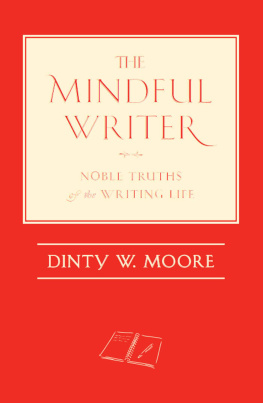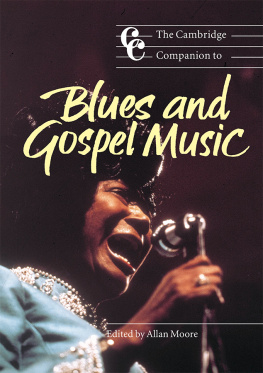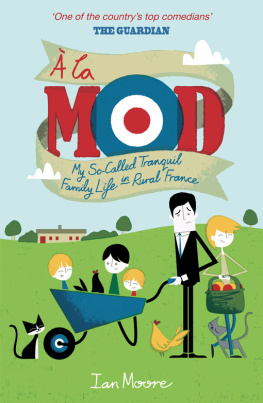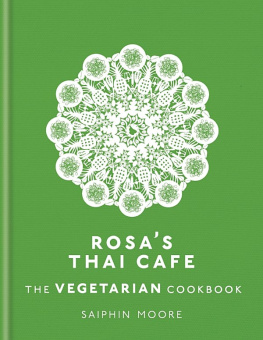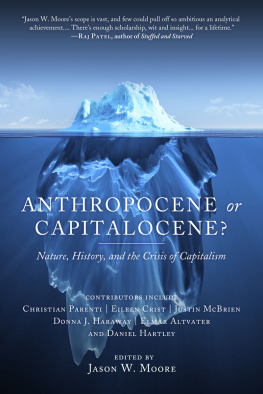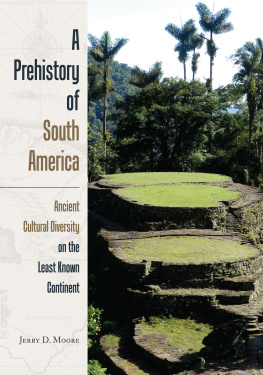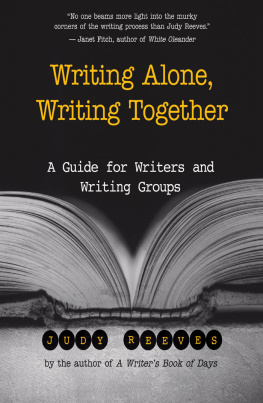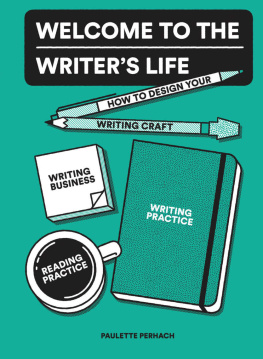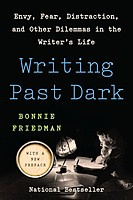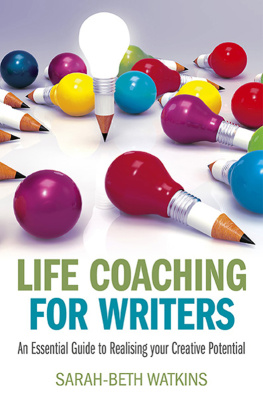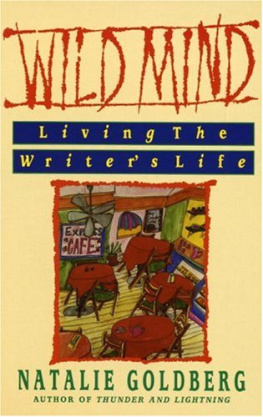Moore - The Mindful Writer: Noble Truths of the Writing Life
Here you can read online Moore - The Mindful Writer: Noble Truths of the Writing Life full text of the book (entire story) in english for free. Download pdf and epub, get meaning, cover and reviews about this ebook. City: Somerville, year: 2014, publisher: Wisdom Publications, genre: Religion. Description of the work, (preface) as well as reviews are available. Best literature library LitArk.com created for fans of good reading and offers a wide selection of genres:
Romance novel
Science fiction
Adventure
Detective
Science
History
Home and family
Prose
Art
Politics
Computer
Non-fiction
Religion
Business
Children
Humor
Choose a favorite category and find really read worthwhile books. Enjoy immersion in the world of imagination, feel the emotions of the characters or learn something new for yourself, make an fascinating discovery.
The Mindful Writer: Noble Truths of the Writing Life: summary, description and annotation
We offer to read an annotation, description, summary or preface (depends on what the author of the book "The Mindful Writer: Noble Truths of the Writing Life" wrote himself). If you haven't found the necessary information about the book — write in the comments, we will try to find it.
Moore: author's other books
Who wrote The Mindful Writer: Noble Truths of the Writing Life? Find out the surname, the name of the author of the book and a list of all author's works by series.
The Mindful Writer: Noble Truths of the Writing Life — read online for free the complete book (whole text) full work
Below is the text of the book, divided by pages. System saving the place of the last page read, allows you to conveniently read the book "The Mindful Writer: Noble Truths of the Writing Life" online for free, without having to search again every time where you left off. Put a bookmark, and you can go to the page where you finished reading at any time.
Font size:
Interval:
Bookmark:

Wisdom Publications
199 Elm Street
Somerville MA 02144 USA
www.wisdompubs.org
2012 Dinty W. Moore
All rights reserved.
No part of this book may be reproduced in any form or by any means, electronic or mechanical, including photo graphy, recording, or by any information storage and retrieval system or technologies now known or later developed, without permission in writing from the publisher.
Cover illustration by Phil Pascuzzo.
Interior design by Gopa&Ted2.
Set in Village 9.8/16.
Wisdom Publications books are printed on acid-free paper and meet the guidelines for permanence and durability of the Production Guide li nes for Book Longevity of the Council on Library Resources.
Printed in the United States of America.
ISBN 978-1-61429-007-0
eBook ISBN 978-1-61429-015-5
15 14 13 12 11
5 4 3 2 1
Library of Congress
Cataloging-in-Publication Data
Moore, Dinty W., 1955
The mindful writer / Dinty W. Moore.
p. cm.
Includes index.
ISBN 1-61429-007-5 (hardcover : alk. paper)
1. AuthorshipMiscellanea. 2. AuthorshipQuotations, maxims, etc. 3. AuthorshipReligious aspectsBuddhism. I. Title.
PN165.M66 2012
808.02dc23
2011037195
 This book was produced with environmental mindfulness. We have elected to print this title on 30% PCW recycled paper. As a result, we have saved the following resources: 12 trees, 5 million BTUs of energy, 1,216 lbs. of greenhouse gases, 5,846 gallons of water, and 347 lbs. of solid waste. For more information, please visit our website, www.wisdompubs.org. This paper is also FSC certified. For more information, please visit www.fscus.org.
This book was produced with environmental mindfulness. We have elected to print this title on 30% PCW recycled paper. As a result, we have saved the following resources: 12 trees, 5 million BTUs of energy, 1,216 lbs. of greenhouse gases, 5,846 gallons of water, and 347 lbs. of solid waste. For more information, please visit our website, www.wisdompubs.org. This paper is also FSC certified. For more information, please visit www.fscus.org.
Dedicated to all sentient beings
especially those struggling with the
arduous but magnificent koan
of the written word

THE PUBLISHER gratefully acknowledges the generous help of the Hershey Family Foundation in sponsoring the publication of this book.
AS THE AUTHOR of a memoir exploring my potholed attempts to fit Buddhist practice and philosophy into a typically busy, overindulgent modern lifestyle, I am often asked to explain how the Dharma teachings have influenced my writing. Despite the frequency of the question, however, for many years I found myself unable to provide anything close to a satisfying answer.
I knew that the Buddhas core teachings had seeped deep into my life, in ways that I had not originally anticipated, but I could not honestly say that my writing habits had changed as a result, or that I had taken on a Buddhist approach to the highly deliberate routine of choosing words, composing sentences, and accumulating pages. My work, it seemed, went on as it always had: ploddingly, unevenly, and with consistent difficulty.
Yet the questionYou are a Buddhist, so can you tell us how your Buddhism affects your writing?kept returning, and I kept offering feeble and evasive responses.
Then one day it occurred to me: my inability to articulate a satisfying reply might mean that I was, in fact, trying all along to answer the wrong question. It was not Buddhism that had influenced my writing, but quite the opposite. The river of influence, perhaps, ran in the other direction.
Rather than seeing mindfulness and Buddhism as shaping my efforts on the page, what Ive come to understand is that my lifelong pursuit of writing and creativity has helped to open me to the path of Buddhism. The innumerable lessons learned in struggling with my writing over the years has made me already aware (albeit in an inarticulate, subconscious way) of the simple wisdom of mindfulness and nonattachment presented in the Buddhas Four Noble Truths.
Life is full of discontent, the Buddha told us, and that discontent (sometimes translated as suffering) comes about due to our grasping at things, our craving and clingingthe desire to make permanent what will always be fleeting. There is, however, a way to make the inescapabilty of discontent less problematic in our lives. The Way, the Path, is through right action, right speech, right livelihood; through living a deliberate and intentional life.
As a writer, I had learned the power of releasing my control of a story, of letting the words, the characters, the images, the mysterious underpinnings of a piece of prose take me in unexpected directions. The less I grasped at and choked my writing, the more it seemed to expand into areas that surprised and pleased not just me but the reader as well. Even my noncreative writingbusiness memos, application letters, proposals, and reportswere strengthened by this realization.
From the other end, I had seen how my ego and desires would inevitably lead me toward writers block and self-loathing, how worrying about critical responses or negative reactions would eventually dry up whatever creative flow I had managed to bring forth.
I had come too to understand the importance of examining my motives for writing, of rooting out insincerity. Dishonest motives, such as writing to get back at someone who wronged you or pretending to be more decent or devout on the page than you are in real life, are as dangerous to a writer as just about anything I can name.
These lessons had already been learned and relearned many times over in my writing life, so when I first encountered the Four Noble Truths, they seemed familiar and true to my experience.
None of this is easy, of course. The deeper practice of intentional living and mindfulness remains an ongoing effort to be aware and awake, but at least I am not wondering if it all can work. I have seen with my own eyes, observed it directly, in my daily task.
The Buddhist teacher Thich Nhat Hanh has written and lectured often on the subject of mindfulness, and he remains one of my most valued teachers because his message is so beautifully simple: if you want to promote peace, be peaceful as you walk across the room; if you want to promote love, love yourself and those immediately around you; if you want to reach enlightenment, be entirely awake and in the moment, whether awash in an oceanfront sunrise or merely washing the dinner dishes.
Mindfulness begins with an awareness of the simplest action: breathing in, know that you are breathing in; breathing out, know that you are breathing out. This may sound ridiculously basic, but this attentiveness is difficultand it forms the heart of meditation. Through the simple awareness of breathing, you can eventually expand your mindfulness to the more complex and involuntary actions of your life.
For instance, when you are listening to your child, just home from school and crushed by the unkind teasing of a classmate, true mindfulness means that you are aware and present, hearing closely what your child is saying (not rushing to quickly dismiss the hurt feelings, or worrying that the problem is going to be a disruption in your busy day). Moreover, you remain alert, focused, listeningnot distracted by the ringing telephone, the need for dinner preparation, or your own frustrations at the office.
In the context of writing, mindfulness means that at those moments when you are focusing on an elusive line of poetry or a stubborn plot obstacle in a story, you are able to remain attentive to the task at hand, seeing the words that are before you, hearing the possibilities in your mind, not succumbing to the thousands of other willing and ready distractions.
Font size:
Interval:
Bookmark:
Similar books «The Mindful Writer: Noble Truths of the Writing Life»
Look at similar books to The Mindful Writer: Noble Truths of the Writing Life. We have selected literature similar in name and meaning in the hope of providing readers with more options to find new, interesting, not yet read works.
Discussion, reviews of the book The Mindful Writer: Noble Truths of the Writing Life and just readers' own opinions. Leave your comments, write what you think about the work, its meaning or the main characters. Specify what exactly you liked and what you didn't like, and why you think so.

